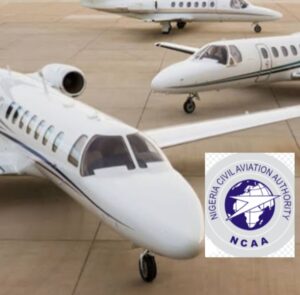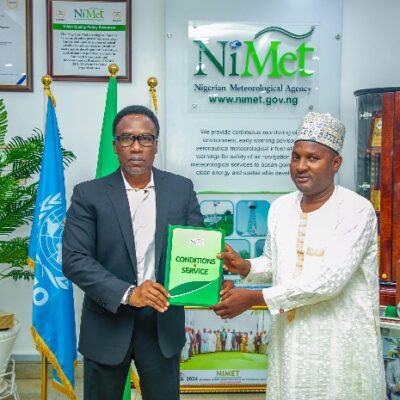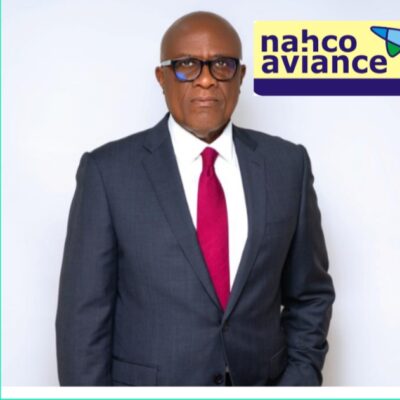
BY: OLAPEJU OLUBI
The Nigeria Civil Aviation Authority (NCAA) feels compelled to correct a recent misleading article that could misinform the public about its regulatory actions and policies.
On July 4th, 2024, the NCAA suspended the Permit for Non-Commercial Flight (PNCF) for ten private jet operators, a step aligned with its mandate to uphold civil aviation laws and regulations.
This suspension followed a March 2024 warning to private jet operators to cease illegal charter operations, reinforced by an All-Operator’s Letter (AOL) on April 16th, 2024, demanding re-certification within 72 hours.
The NCAA’s actions aim to cleanse the sector of illegal charter operators. Contrary to claims, the prevalence of illegal charters isn’t due to “diluted” regulations.
Operators are well aware of the distinctions between private and commercial operations as specified by their permits.
The Civil Aviation Act 2022, currently in force, supersedes the 2006 Act, incorporating all relevant provisions and addressing contemporary trends in aviation.
Before the Nigeria Civil Aviation Regulations (Nig. CARs) 2023 were published, they underwent extensive stakeholder engagement, ensuring all legitimate players in the sector are familiar with and use these regulations.
The writer’s confusion about the various permits—AOP, ATL, PNCF, and AOC—suggests either a lack of understanding or deliberate misrepresentation.
Economic oversight involves issuing permits and licenses, while safety oversight entails safety certificates, both crucial and complementary processes.
Section 95 of the Civil Aviation Act 2022 mandates licenses, permits, or authorizations for aircraft operations involving passengers or cargo for reward.
Part 18 of the Nig. CARs outlines the Airline Operating Permit (AOP) for non-scheduled commercial air transport and the Air Transport Licence (ATL) for scheduled commercial air transport, ensuring airlines are legally registered and financially viable before receiving an Air Operator’s Certificate (AOC).
The NCAA’s core mandate is to ensure airlines guarantee the safety of air travelers, requiring financial health audits before issuing AOCs.
This practice aligns with international norms, as outlined by the International Civil Aviation Organization (ICAO).
Preliminary assessments for AOCs must include financial, economic, and legal evaluations to ensure sufficient resources for safe and efficient operations.
Contrary to the writer’s claims, acquiring an aircraft does not instantly grant an AOC in any ICAO-compliant country. All applicants must undergo rigorous financial and operational assessments.
The NCAA has simplified the AOC process, extending validity from two to three years for non-scheduled operators and to five years for scheduled operators, reducing certification burdens. An enhanced surveillance regime ensures safety standards throughout the extended validity period.
The fees for obtaining AOCs are based on a cost-recovery model, benchmarked against other West African countries.
The writer’s criticism of non-revenue proving flights demonstrates a lack of understanding of international standards.
Demonstration flights are essential for evaluating an airline’s compliance with regulations and safe operating practices. For example, the U.S. FAA requires up to 100 hours of non-revenue proving flights, double that of Nigeria.
Aviation standards must remain stringent to ensure safety.
The NCAA’s regulatory framework aligns with ICAO standards, ensuring the safety and economic viability of the aviation industry.
Despite recognizing the issue of illegal charter operations, the NCAA continues to tackle this problem proactively, with support from all stakeholders.
The NCAA remains committed to fostering a safe, compliant, and thriving aviation industry in Nigeria, in line with the Honourable Minister of Aviation and Aerospace Development’s five-point agenda, which emphasizes strict compliance with safety regulations and supports the growth of local airlines.
Olapeju is a journalist and aviation reporter.





